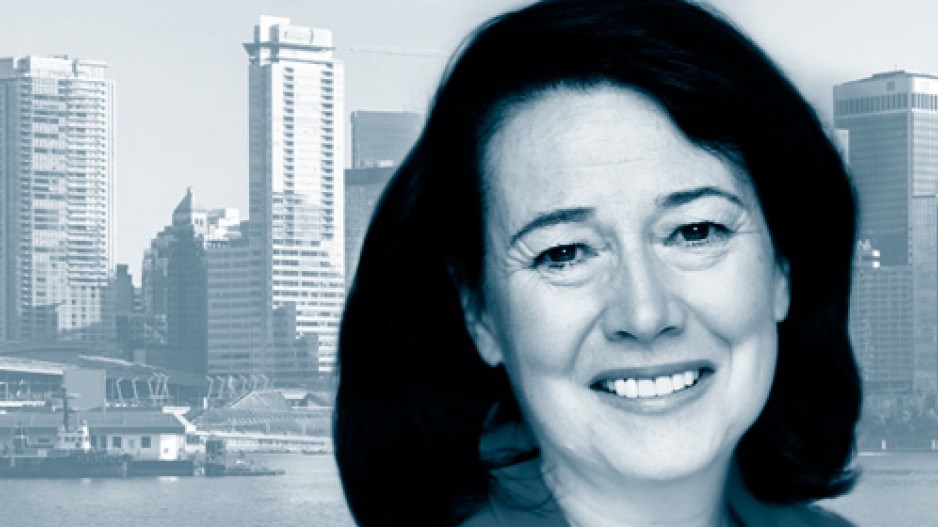For women, 2016 wasn’t exactly an “annus mirabilis,” but it wasn’t an “annus horribilis” either.
On the positive side, changes to the Canada child benefit represent a monumental shift in public policy – lifting some 300,000 children out of poverty and setting the stage to reduce Canada’s 20% child poverty rate.
Issues of violence against women were prominent. Former CBC radio broadcaster Jian Ghomeshi was acquitted but his trial brought the issue of sexualized violence into the public discourse. Coverage of campus sex assaults prompted action across the country, and Premier Christy Clark committed to legislation requiring stronger policies in post-secondary institutions.
The long-awaited national inquiry into missing and murdered indigenous women and girls was launched by Canada’s first indigenous attorney general, Jody Wilson-Raybould. After years of complaints about sexual harassment in the RCMP, Commissioner Bob Paulson apologized, announced compensation for victims and committed to eradicate gender discrimination and abuse.
On the economic front, while women are better educated than men, they earn only $0.82 for every dollar earned by men – up only $0.05 over the past 40 years. There was virtually no shift in the proportion of women on corporate boards, despite “comply or explain” legislation adopted by regulators across the country. The World Economic Forum calculated that at the current rate of progress, it will take 170 years to close the gender equality gap.
The year began with high expectations for continued progress for women in political life. Three female premiers – Christy Clark, Kathleen Wynne and Rachel Notley – govern 63% of Canada’s population, and Prime Minister Justin Trudeau achieved gender parity in his cabinet appointments. On the world stage, Angela Merkel emerged as the dominant voice in the European Union, and Theresa May was elected by the Conservatives to succeed David Cameron as prime minister of the U.K. Under Christine Lagarde, the International Monetary Fund stabilized the Egyptian economy with a substantial loan, on the condition that the country implement measures to increase female labour force participation. Hillary Clinton seemed poised to become the first female president of the United States – but, alas, it was not to be.
Gender bias was not the only reason for Clinton’s defeat, but it was significant – as was rising inequality, racial intolerance and the disaffection of millions of Americans whose traditional skills have a limited place in the global, knowledge-based economy.
The rise of populism in the western world and the unprecedented vitriol of the U.S. election raises critical questions for our own country. Protesters shouting “lock her up” about Premier Rachel Notley, recent incidents of racist graffiti and a proliferation of so-called alt-right propaganda are evidence that we are not immune.
What are our expectations for truth, honesty and civility in the seeking of elected office? How can we rebuild trust in our political institutions? How can we encourage greater economic and political literacy among our population?
Thomas King begins his award-wining book, The Inconvenient Indian, with the ironic comment that “Canada is, according to Canada, a just society.” He is right to point out the disparity between our aspirations for our country and our current reality, particularly in relation to the appalling historic treatment of our indigenous peoples.
The past year has brought many disparities into sharp focus. We ignore them at our peril. We have a chance to move into better alignment with our aspirational vision of our country and our Canadian values of fairness, equality and justice. We must take it. •
Janet Austin is CEO of YWCA Metro Vancouver.



